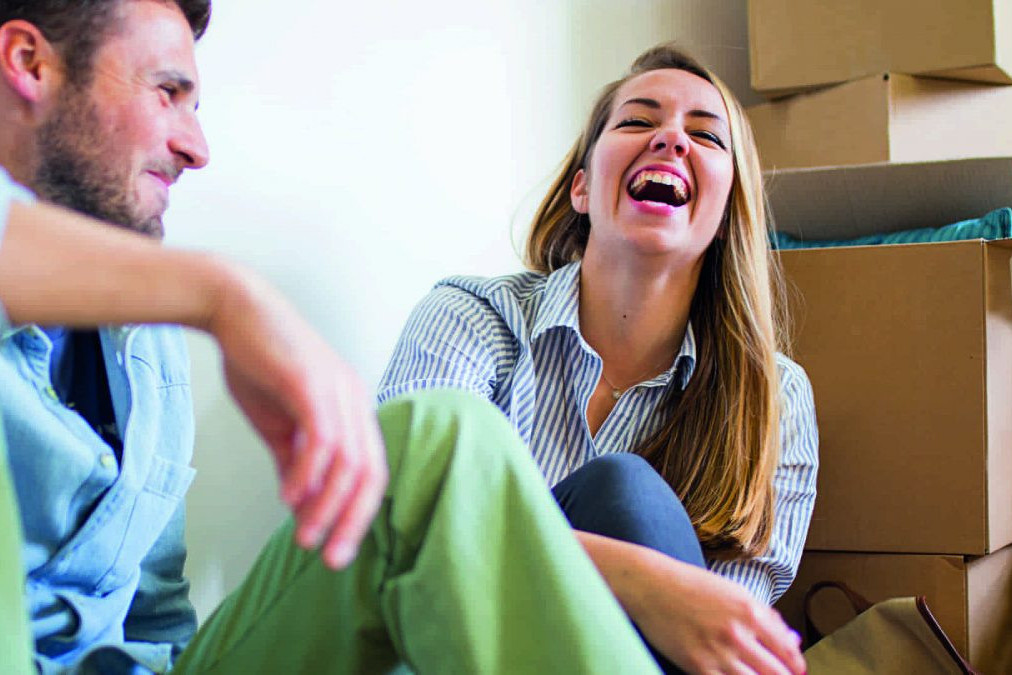Why Is It Better To Put Down A Bigger Deposit?
If you buy a property for £200,000, you need to pay the seller £200,000, right? So if you only have £10,000 of savings, then you need to find £190,000 to buy the property.
This usually means asking a bank to lend you £190,000 as a mortgage, unless you have wealthy parents or a nice rich aunty!
Of course, a mortgage isn’t free money. The lender would expect you to pay the £190,000 back in full after the agreed time period (usually 25 – 35 years)… plus interest… plus any fees they charge.
When it comes to the interest rate: the higher the rate, the more you pay the bank for borrowing their money. Therefore, it makes sense to get the lowest rate possible.
One way to do this is just to shop around, but it’s a complex process. Lenders have vastly different lending criteria, interest rates, and fees. So it can be sensible to ask a mortgage broker to compare all of the different mortgages on your behalf.
Another way to pay less for your mortgage is pretty simple: put down a bigger deposit.
When a bank lends you their money, they take the risk that you may not pay them back, and the more they allow you to borrow (as a proportion of the value), the higher the risk. To offset the increased risk, they often charge a higher interest rate. This can work to your advantage, because generally speaking, the less you borrow, the lower the interest rate. Without getting too technical it's called the loan to value thresholds!
Here’s an example of why a bigger deposit will help:
Imagine you decide to buy a house for £200,000. You only have £10,000 in your account to use as a deposit, which means that you need to borrow £190,000.
Now, let’s assume that the best interest rate that you can get is 5%. If you pay the loan and interest back over a 25-year term, on a repayment mortgage, it would cost you a total of £333,216. And that’s a whopping £143,260 in interest alone.
But what if you waited for a few more years and managed to save another £50,000?
It would cost you a total of £305,528. You’d spend £37,688 less on bank fees. And that’s assuming the same interest rate! In reality, you would probably get a lower rate, borrow less, and save even more.
You might be thinking that there’s no way you could save £50,000 in a few years. Perhaps you’re right, but the point is: increase your deposit and you won’t need to borrow as much. You’ll probably pay a lower interest rate on a smaller loan, and pay significantly less for the property in total.
That’s why it’s better to put down a bigger deposit.
Simple.
If you’ve got any questions, get in touch and we’ll be delighted to answer them.
